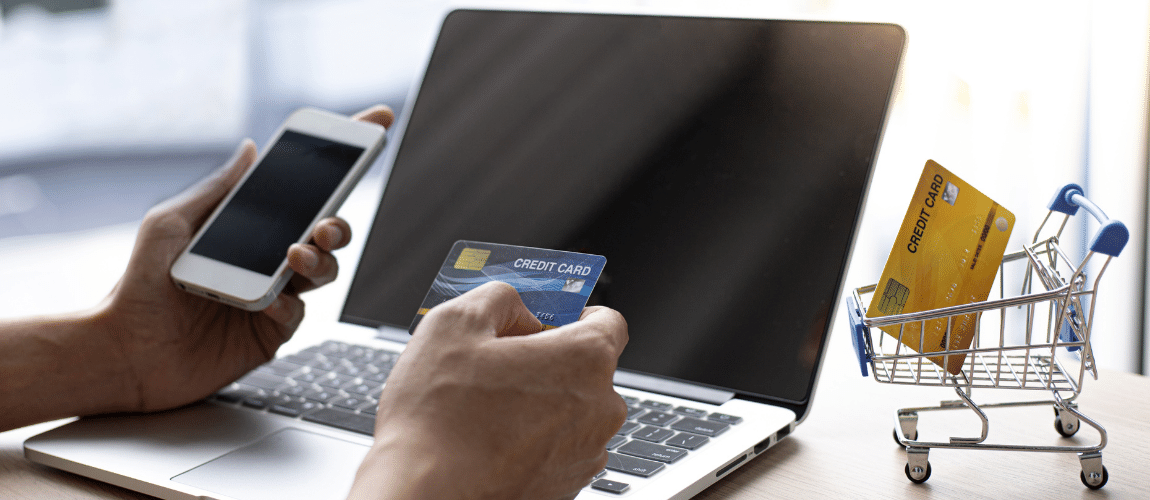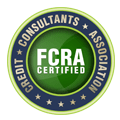If you want to know how old you have to be to get a credit card, the answer depends on your situation. If you’re working, you may be able to get one in your name through your employer’s corporate credit card program, but the terms will vary based on your role at the company and your overall financial situation. If you’re not working or if you have poor credit, then you probably won’t qualify for any kind of credit card until you can demonstrate some responsible money management skills.
It’s important to choose the right credit card for your needs. If you’re young and just starting, you may want to get a credit card with a low-interest rate. If you have bad credit, you may want to get a credit card that offers credit repair services. There are many factors to consider when choosing a credit card, so make sure you do your research before you apply. The bank will typically ask for income verification and other personal information. After you’ve been approved, use your credit card responsibly by paying off your balance in full each month. The best way to build up good credit is by being responsible with your finances from the start!
Just because you have a credit card doesn’t mean you should spend recklessly. It’s important to be mindful of your spending and to only use your credit card for things you can afford. Otherwise, you’ll end up in debt which could damage your credit score.
1. Track your spending. Know how much money you have coming in and going out each month. This will help you stay within your budget.
2. Make a plan for big purchases. Before you buy something expensive with your credit card, think about how long it will take to pay off the balance. If it’s more than six months, reconsider whether this is an expense worth paying interest on.
3. Pay off the balance every month. Always make sure that the amount of money going towards the balance is higher than the amount due on your statement date so that you don’t accrue any more interest charges.
4. Try not to go over your limit. When you’re looking at what items you want to purchase, try not to let the total exceed more than 50% of your available credit limit. The less you charge on your card, the better it is for your credit score.
As such, before making a purchase ask yourself if you need it or if there might be a cheaper option. It also helps to keep track of your spending habits by reviewing your monthly statements or downloading an app like Mint which does all the work for you.
If you never pay your credit card balance in full, you’ll always be paying interest. Interest is the price you pay for borrowing money, and it’s generally expressed as a percentage of your outstanding balance. The higher your interest rate, the more you’ll pay in interest over time. So if you’re carrying a balance on your credit card, aim to pay it off as quickly as possible to save money. If you have an unusually high-interest rate, it may make sense to transfer that balance to a lower-interest credit card. Remember: Don’t keep adding new purchases on top of old ones or carry them over from month to month. It can lead to greater debt – or bankruptcy.
Closing unused credit accounts may sound like a good idea in theory, but it can hurt your credit score. That’s because one factor that goes into your credit score is your credit utilization ratio, which is the amount of debt you have compared to the amount of credit you have available to you. So, if you close an unused account, you’re effectively decreasing the amount of credit you have available, which in turn can increase your credit utilization ratio and hurt your score. Opening a new account might do more harm than good: If you open a new account and end up with some bad spending habits (let’s say, buying lunch every day), it could drag down your credit score faster than closing an old card would. Plus, opening too many accounts at once could make it look like you’re desperate for cash or trying to get access to more money—which lenders won’t be too keen on.
Before you get your first credit card, it’s important to understand how payments work. When you use a credit card, you’re borrowing money from the credit card issuer. You’ll need to repay that money, plus interest and fees if you don’t pay your balance in full each month. If you choose not to pay your balance in full, the amount of time until you become debt-free depends on how much you owe and what kind of interest rate is being charged. If it takes three years to pay off $1,000 with an 18% APR (assuming no additional charges or fees), then it will take 10 years to repay just $500 on the same terms.
Just because you can get a credit card doesn’t mean you should. Before you decide to get a credit card, sit down and think about your financial goals. A credit card can be a helpful tool if used correctly, but it can also be a dangerous trap if you’re not careful. If you’re not sure you can handle the responsibility of a credit card, it’s probably best to wait until you’re a little older. On the other hand, if you have a job that has an income or large assets, then it might make sense for you to get one. It’s also important to consider what type of card will work best for your needs. Some cards are specifically designed for people who travel often or pay their balance in full each month while others are geared towards those who may carry a balance from month to month and want rewards points on purchases.
Keeping an eye on your credit score is important for several reasons. First, it can help you determine whether you’re eligible for certain types of credit cards. Second, it can help you avoid getting declined for a credit card. Third, it can help you get the best possible interest rate on a credit card. Fourth, it can help you improve your credit score. Fifth, it can help you keep track of your credit history. Sixth, it can give you insight into your spending habits. Seventh, it will tell you how much of your available credit you are using and what that means for your future spending power. Eighth, it will show if there has been any recent activity on your account. Ninth, it can be used as evidence in court cases involving debt. Tenth, with a credit report from all three bureaus (Experian, Equifax, and TransUnion), you’ll have a more complete picture of your financial situation than just one bureau’s report would provide.





